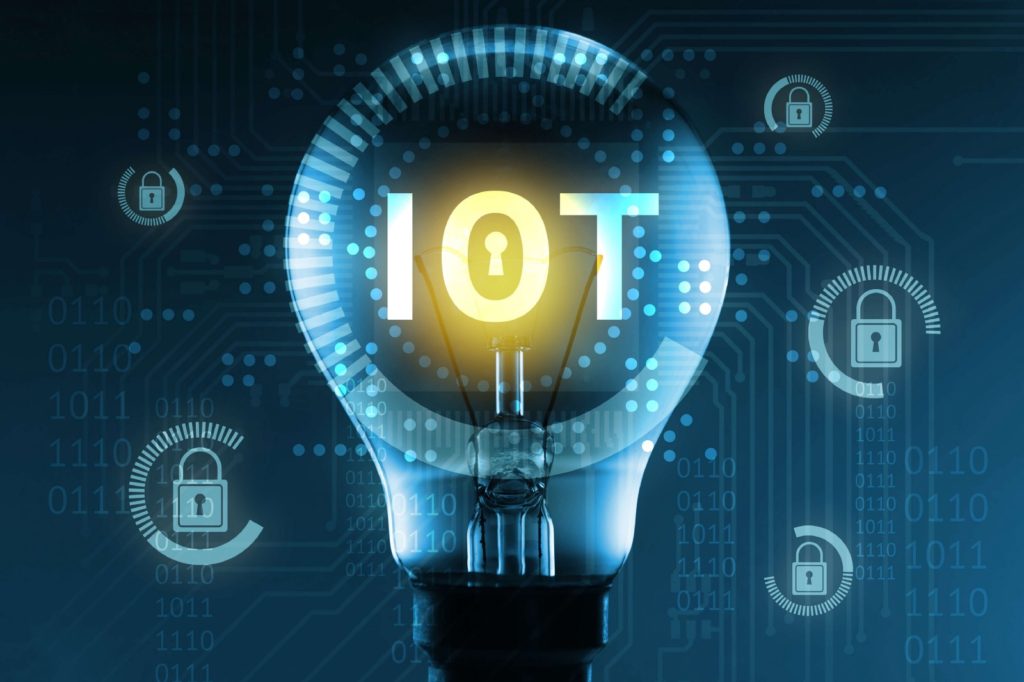|
Getting your Trinity Audio player ready...
|
5G networks and the Internet of Things (IoT) are two technologies that are expected to have a significant impact on the way we live and work.
5G networks are the fifth generation of mobile networks, and they promise to offer much faster speeds, lower latency, and more reliable connections than current 4G networks. This will enable new use cases such as high-definition video streaming, virtual and augmented reality, and mission-critical applications such as self-driving cars and industrial automation. Additionally, 5G networks will also be able to support a much larger number of connected devices, making it ideal for the IoT.
The IoT is a network of physical devices, vehicles, buildings, and other items embedded with electronics, software, sensors, and connectivity which enables these objects to connect and exchange data. This can include anything from home appliances and security systems to medical devices and industrial equipment. With 5G networks, the IoT can connect more devices than ever before, and at faster speeds, creating new opportunities for automation and data collection.
One of the major benefits of 5G networks and the IoT is the ability to collect, analyze, and act on large amounts of data in real time. This can lead to new efficiencies in industries such as manufacturing, transportation, and healthcare. For example, in a factory setting, IoT sensors on machines can send real-time data to a central system, allowing for proactive maintenance and reducing downtime. In transportation, 5G networks and IoT can enable the use of connected cars and smart traffic systems, improving traffic flow and reducing accidents. In healthcare, IoT-enabled medical devices can send patient data to doctors in real-time, allowing for faster diagnoses and treatments.
Another benefit of 5G networks and the IoT is that they can make it easier for businesses to offer new products and services. For example, with 5G networks and the Internet of Things, retailers can offer new interactive shopping experiences, and cities can offer new smart city services.
However, there are also concerns about the security of 5G networks and the IoT. As more devices connect to the internet, the potential for hacking and data breaches increases. Additionally, with the amount of data being collected and shared, there are concerns about privacy and the potential for misuse of personal data. It’s important that security measures are put in place to protect against these threats.
In conclusion, 5G networks and the IoT have the potential to revolutionize the way we live and work, but it’s important to consider the potential risks as well as the benefits. With the right policies and technologies in place, we can ensure that these technologies are used for the betterment of society.
Another key aspect of 5G networks and the IoT is the potential for increased automation and the rise of Industry 4.0. With 5G networks, machines can communicate with each other in real time, allowing for the automation of complex processes and the optimization of production lines. This can lead to increased efficiency and productivity, as well as reduced costs. In addition, 5G networks and the IoT will also enable new use cases such as remote monitoring and control of industrial processes, and the use of predictive maintenance to reduce downtime.
The IoT will also play a critical role in the development of smart cities. With the ability to connect a wide range of devices and sensors, cities will be able to collect and analyze data on everything from traffic patterns to energy consumption. This will allow for the optimization of city services, such as public transportation and waste management, and the creation of new services such as smart lighting and air quality monitoring.
However, the development of 5G networks and the IoT also raises important questions about the future of work and its impact on jobs. As automation becomes more prevalent, there is a risk that certain jobs may become obsolete. It’s important that governments and companies work together to ensure that the benefits of 5G networks and the IoT are shared by all and that there are programs in place to support workers who may be impacted by job losses.
In summary, 5G networks and the IoT have the potential to transform the way we live and work, with benefits such as increased efficiency, new products and services, and improved quality of life. However, it’s important to address the potential risks such as security and privacy concerns, as well as the impact on jobs. With the right policies and technologies in place, we can ensure that 5G networks and the IoT are used in a way that benefits society as a whole.
